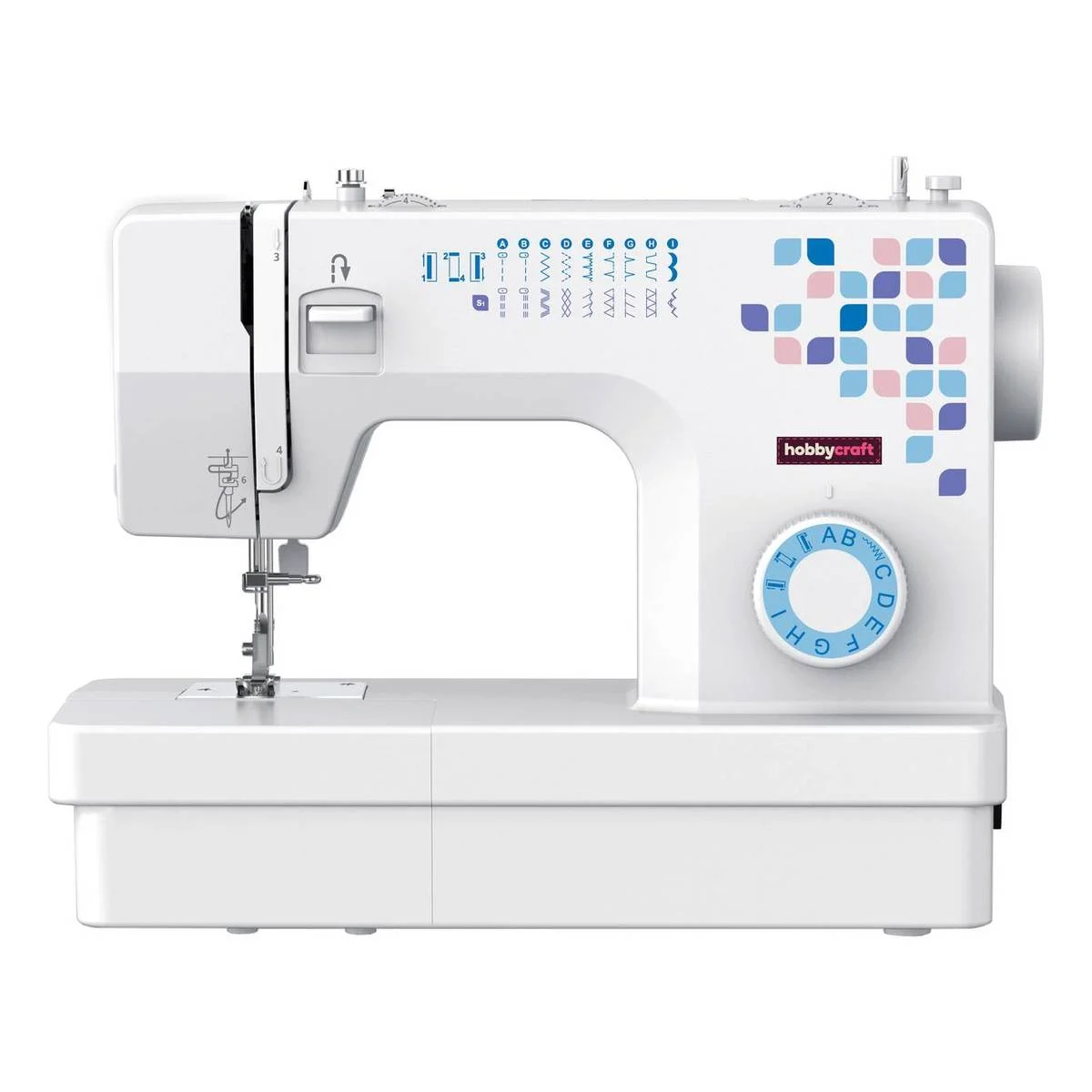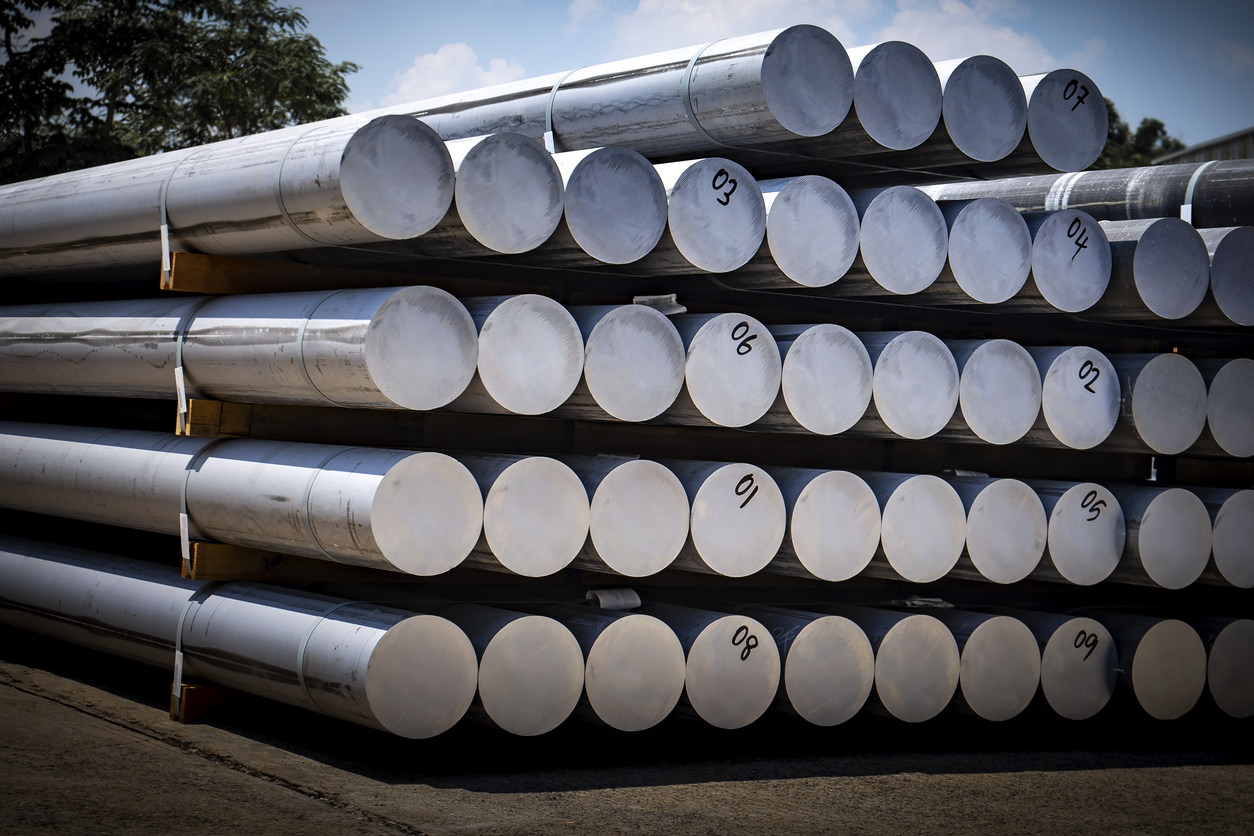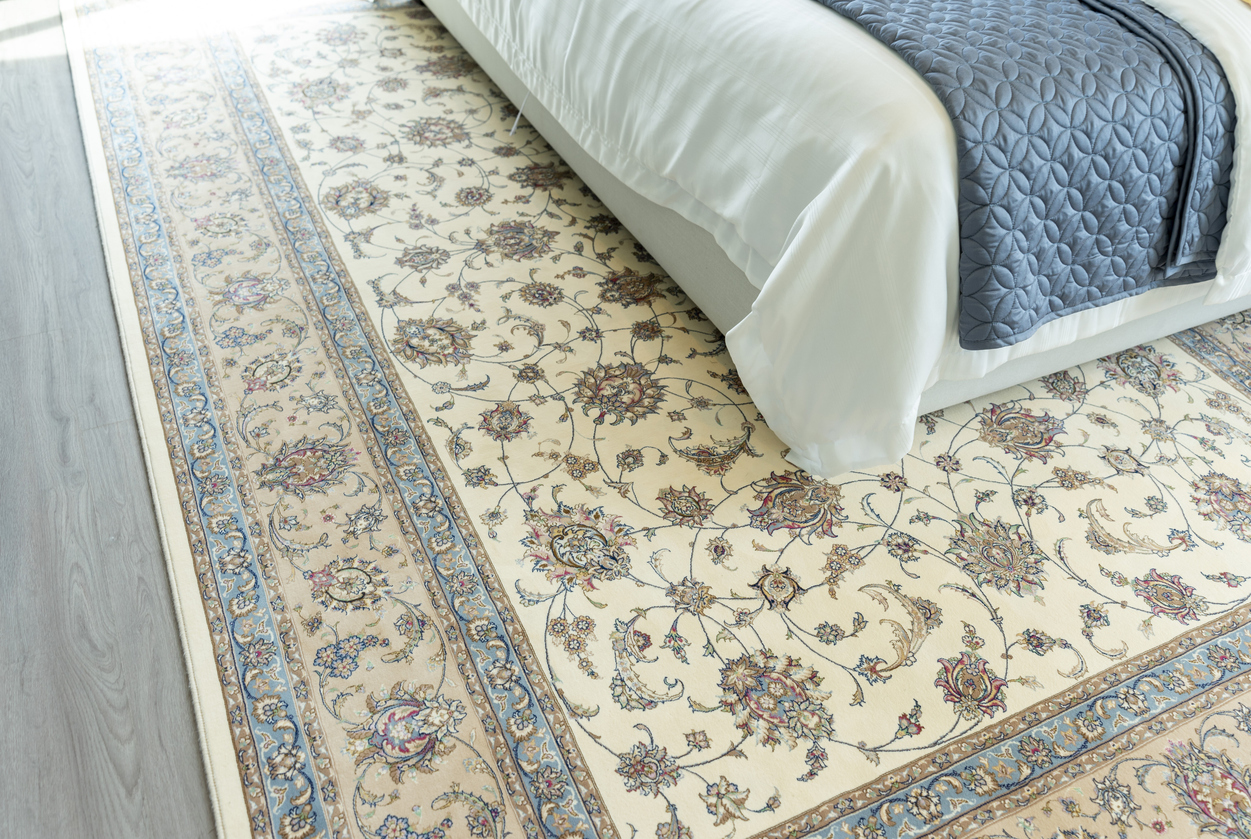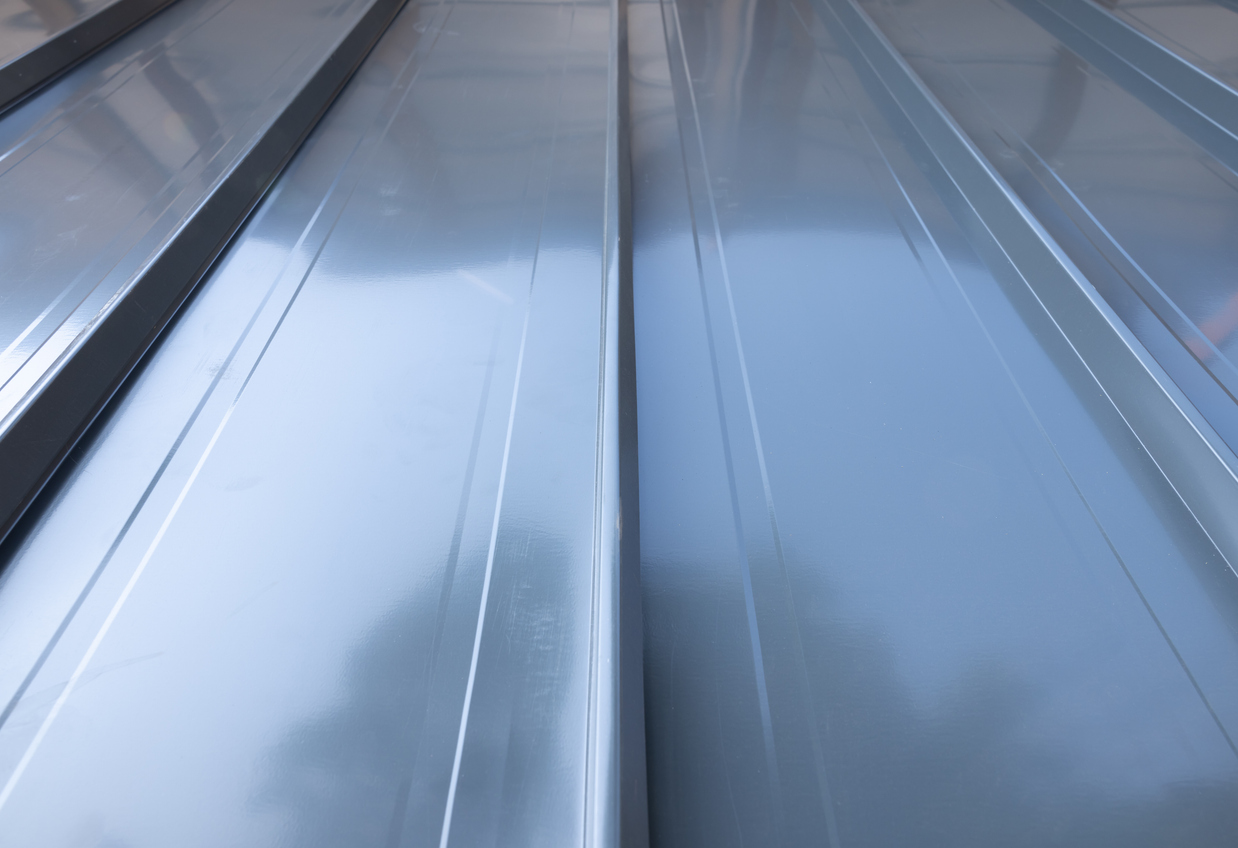Investing in a Tailoring Machine in Ghana: What You Need to Know Before Making the Leap
Investing in a Tailoring Machine in Ghana: What You Need to Know Before Making the Leap
Investing in a tailoring machine is a great way to build a business in Ghana and other parts of Africa. Not only does it allow you to produce clothing items for a profit, but it also helps to create jobs for those living in rural areas. This type of investment can be a great opportunity for those looking to start a business in the clothing industry. Before making the leap, however, it is important to understand the various factors involved. This includes understanding the costs of the machine, the types of materials and fabrics it can work with, the support available, and the potential risks and rewards of such an investment. By taking all these factors into consideration, you can make an informed decision and ensure your tailoring machine is a success.
What is Involved in Investing in a Tailoring Machine?
Before investing in a tailoring machine, it is important to understand the investment required. The price of a tailoring machine will depend on the size, brand, features, and materials used. In most cases, you can expect to pay between $2,000 and $50,000 for a used machine. When purchasing a used machine, it is important to check the condition and to be aware of any repairs that may be required. It is also a good idea to have the machine checked by an engineer to ensure it is working properly. Alternatively, you may wish to buy a new machine. While this may be more expensive, it will ensure your machine is in good condition and comes with a warranty. It is a good idea to shop around and obtain quotes from a range of different tailoring machine suppliers. This will allow you to compare different brands, prices, and options. It is also a good idea to speak to other tailoring companies in the area to learn more about the industry and find out which brands they recommend.
Understanding the Costs
When investing in a tailoring machine, you need to ensure you have enough money to cover the costs of purchasing a machine and setting up the business. While the upfront costs of purchasing the machine may be high, you can make back the money through your profits. Similarly, the cost of setting up your business will vary depending on where you set up shop, the equipment you use, and your business plan. In most countries, however, you can expect to spend around $12,000 to $15,000 on start-up costs. You may also want to take out a business loan to cover these upfront costs. It is important to factor this into your overall costs so you have enough money to cover the costs of setting up your business once the machine is delivered and installed.
Types of Materials and Fabrics
Before deciding which type of machine to purchase, it is important to understand the types of fabric it can work with and the materials it can use. Most machines can work with a variety of materials, including cotton, linen, polyester, and silk. They are also capable of sewing a range of fabrics, such as denim, velour, and satin. For certain materials, however, you will need to purchase additional accessories, such as a special presser foot.
Support Available
When investing in a tailoring machine, it is important to find out what support is available. This includes finding out if there are any repairmen or service centers in the area and if there are any spare parts you can order. You should also consider what support is available online and whether you can access any tutorials and manuals to help with your machine. This will help you to minimize downtime and fix any problems that may arise.
Potential Risks and Rewards
The main risk involved with investing in a tailoring machine is that the machine does not work as expected. Before purchasing a machine, it is important to test it thoroughly to ensure you are getting a machine that produces good quality results. You should also make sure the machine is compatible with your business model and will help to increase profits. Another potential risk is that the materials you can use are limited. As with any business venture, there are also potential rewards. One of these is the ability to create more jobs for those living in rural areas. Tailoring is a skill that can be learned and practiced anywhere, which means even those living in rural areas can earn a living. Investing in a tailoring machine is a great way to create jobs and make a profit.








LEAVE A COMMENT
You must be logged in to post a comment.